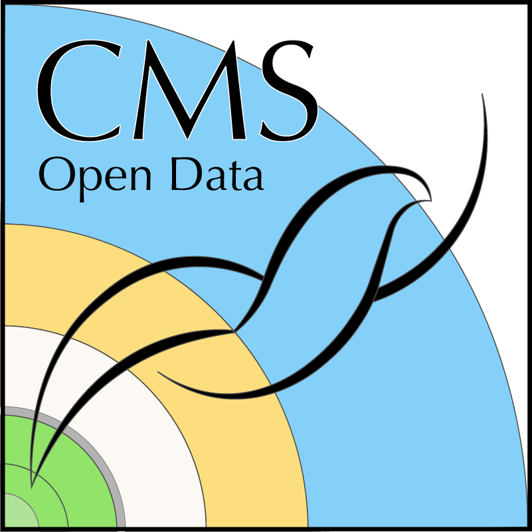Summary and Schedule
Introduction
Welcome to the CMS Open Data Workshop & Hackathon 2024! This lesson is designed specifically for our remote participants to guide you through the essential aspects of this year’s event. As you join us from different locations around the world, this guide will help you understand the importance of collaboration, the significance of open data, and how you can engage with various challenges and activities throughout the hackathon.
What to Expect
In this workshop, you will engage in hands-on lessons covering particle physics, data analysis, and machine learning. You will work on real particle collision data, apply machine learning techniques, and tackle complex analysis tasks. Whether you’re new to the field or an experienced participant, there’s something for everyone.
Let’s embark on this exciting journey of discovery and collaboration together!
Key Points
- Understand the Importance of Collaboration: Discover why working together and sharing knowledge is crucial in particle physics research.
- Learn About Open Data: Explore the role of open data and the open science community in advancing scientific discoveries.
- Get an Overview of Hackathon Challenges: Familiarize yourself with the different lessons and challenges designed to enhance your skills and contribute to the field.
| Setup Instructions | Download files required for the lesson | |
| Duration: 00h 00m | 1. Introduction |
Why is collaboration and knowledge sharing important in particle
physics? What is the significance of open data and the open science community? What direction and challenges will we take in this hackathon? |
| Duration: 01h 30m | 2. Particle Physics Playground |
What are the fundamental concepts in particle physics? How can we analyze particle decay patterns? What tools are available for practical analysis of particle physics data? |
| Duration: 01h 35m | 3. Particle Discovery Lab |
How can we identify different particles in collision data? What are the characteristics of muons in the dataset? How do we perform basic and advanced data analysis in particle physics? |
| Duration: 03h 05m | 4. Introduction to Machine Learning in HEP |
How can machine learning be applied to particle physics data? What are the steps involved in preparing data for machine learning analysis? How do we train and evaluate a machine learning model in this context? |
| Duration: 03h 10m | 5. Machine Learning Practical Applications |
How can machine learning be applied to particle physics data? What are the steps involved in preparing data for machine learning analysis? How do we train and evaluate a machine learning model in this context? |
| Duration: 03h 15m | 6. Analysis Grand Challenge |
How do we perform a cross-section measurement with CMS Open
Data? What are the challenges of processing large datasets in particle physics? How do we ensure reproducibility and scalability in analysis workflows? |
| Duration: 03h 20m | Finish |
The actual schedule may vary slightly depending on the topics and exercises chosen by the instructor.
Prerequisite
This lesson requires a computer with an internet connection and a
bash shell (either native Linux, MacOs or Windows WSL2 Linux). You
should have Docker installed and the Docker
pre-exercises finished so that you can access the containers
my_root and my_python created as instructed
there.
